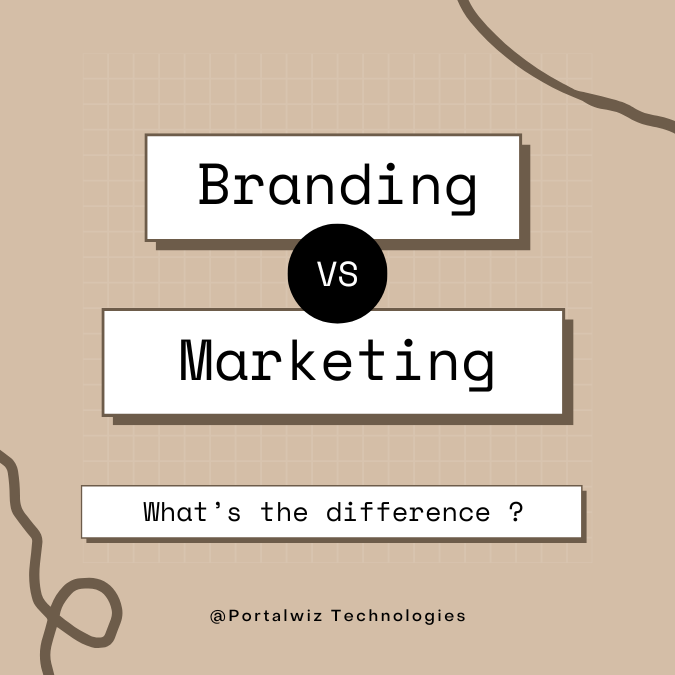Businesses frequently struggle in today’s cutthroat market: Should they spend in long-term brand development or concentrate on marketing initiatives that yield quick results? Both are important, yet they have different functions and affect a business’s performance in different ways. This blog will discuss the distinctions between marketing and brand building, the importance of each, and how to strike a balance between the two for best results.
Understanding Marketing
The planned process of advertising goods or services to a specific audience is known as marketing. Attracting clients, creating leads, and increasing conversions are the main goals of marketing. It frequently emphasizes quantifiable results and immediate rewards. Marketing seeks to raise awareness and encourage particular activities, whether through digital advertisements, email campaigns, SEO, or content marketing.
Understanding Brand Building
The long-term goal of brand creation is to establish a distinctive personality that appeals to your target market. It all comes down to creating a brand, mission, and story that emotionally engages consumers. Establishing your identity, values, and desired market perception are all part of brand building. Your company’s beliefs, character, and reputation are just as important as its visual identity.
Key Differences Between Marketing and Brand Building
Usually campaign-driven and short-term, marketing aims to produce immediate outcomes and motivate particular behaviors. Conversely, brand building is an ongoing process aimed at establishing enduring recognition and loyalty. While brand creation is strategic and concentrates on consistent message and consumer interactions, marketing efforts are frequently tactical and involve direct promotions and advertising. While client loyalty and reputation are indicators of brand success, conversions and return on investment are indicators of marketing success.
How Marketing and Brand Building Work Together
Brand building and marketing go hand in hand to establish a powerful company presence; they are not mutually incompatible. A strong brand foundation increases the effect of your marketing initiatives, while successful marketing campaigns magnify your brand’s message. A well-known brand can increase marketing effectiveness because consumers are more inclined to interact with and trust a name they are familiar with.
Tips for Balancing Marketing and Brand Building
Having a clear plan is essential to striking a healthy balance between marketing and brand development. Create a brand guideline to ensure consistency, give priority to material that reflects your brand values, utilize data to guide your choices, and divide resources wisely between short-term marketing requirements and long-term brand building. Making sure that every marketing campaign upholds your brand identity is crucial.
Conclusion
Building a brand and marketing are both crucial elements of a successful business plan. While marketing produces results right away, brand building lays the groundwork for long-term success. Businesses can get both short-term success and long-term loyalty by comprehending the distinctions and striking the correct balance. Building a brand that not only attracts notice but also sticks in consumers’ thoughts requires investing in both.


Recent Comments